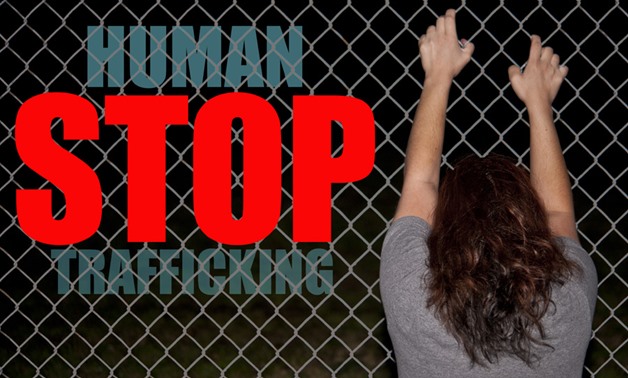
Human trafficking is a crime involving the exploitation of someone for the purposes of involuntary labor or a commercial sex act through the use of force, fraud or coercion. The Department of Defense began the Combating Trafficking In Persons Program in 2
CAIRO – 2 June 2019: Member of Parliament, Mamdouh Husseiny, called for toughening the penalty for human organ traffickers to the death sentence. The current maximum penalty for human trafficking is life imprisonment for aggravated circumstances.
However, the possibility of a death sentence can be imposed when a donor or recipient dies in the midst of an illegal organ transplant operation. According to a law implemented in 2017, a person who performs an organ transplant by force or deception faces a life imprisonment and pays a fine between L.E. 1 million ($56,000) and L.E. 2 million ($112,000). Hence, the operator could potentially be handed down a death sentence on the basis of manslaughter.
The maximum penalty was established back in a 2010 anti-trafficking law which criminalized labor trafficking and implemented the recommended penalties of 3 to 15 years of prison and fines. However, there is no law which explicitly addresses human organ trafficking.
The MP added that human organ trafficking is a crime against humanity, is unconstitutional and against Islamic values.
Many doctors and nurses are involved with gangs and participate in the illegal human organ trafficking market, the Ministry of Interior stated on April 14, 2019.
"These Mafias and their subsequent crimes must be dealt with harshly by the government. The government needs to take an action, close down all unlicensed medical centers and carry out a more strict inspection protocol on all medical centers," said Husseiny.
Additionally, Husseiny stated that security needs to be ramped up by deploying more police officers in the streets in order to patrol and arrest all criminals and fugitives. Subsequently, the MP believes that more security will also crack down on crimes related to human organ trafficking such as kidnapping and stealing.
There have been more active efforts by the government to eliminate organ trafficking. The government established the National Committee on Preventing and Combating Illegal Migration (NCCPIM & TIP) in 2018. The committee is responsible for spearheading inter-ministerial anti-trafficking initiatives.
The number of investigations related to human trafficking has substantially increased since the establishment of the NCCPIM. According to a report on human trafficking in Egypt conducted by the United States Embassy in Cairo, there were only 23 investigations conducted related to human trafficking in 2016 and 21 in 2015.
The anti-trafficking probes have witnessed a 600-percent increase since the birth of the committee. The NCCPIM conducted 144 investigations in 2018 and 41 men involved with organ trafficking were prosecuted by a Cairo court on June 12, 2018. Five men were sentenced to fifteen years in prison and fined L.E 500,000 ($29,930), other twenty defendants were given a 3-year-imprisonment term each; twelve others were handed down a 7-year prison sentence.
In 2018, the government began to deploy special response squads into the streets in order to protect and support vulnerable street children from traffickers. The Ministry of Social Solidarity disclosed that it provided 4,004 street children with medical and psychological aid in the same year as a way to protect them from traffickers. The ministry was also successfully able to reunite 397 children back with their families.
Despite all the efforts exerted by the government to tackle the human organ trafficking issue, Husseiny is dissatisfied and is certain that the death penalty is an appropriate penalty for human organ traffickers and hopes that the law will change accordingly.

Comments
Leave a Comment